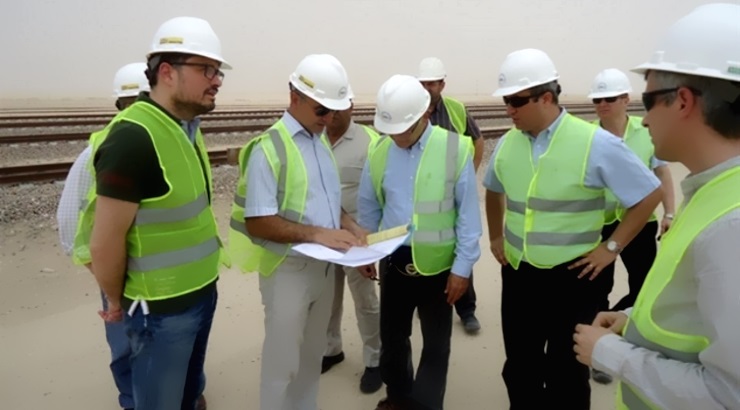Infrastructure
Tanzania Begins Work on Morogoro-Dodoma SGR Project
The project is expected to gift Tanzania with its first high-speed railway.

Construction is now underway on the second phase of the 1,219-kilometre Tanzania standard gauge railway, which seeks to connect Dar es Salaam to the port city of Mwanza on the shores of Lake Victoria in northern Tanzania.
Phase two of the standard gauge railway project will involve the construction of a 426-km line from Morogoro to Makutuporo region in Dodoma in a move that is expected to gift Tanzania with its first high-speed railway.
Work is proceeding on the first phase of the project, which involves the replacement of the existing century-old Dar es Salaam to Morogoro narrow gauge line with a new standard-gauge railway line.
The 205km-railway line whose groundbreaking ceremony was held in May 2017 is expected to be completed by November next year.
A Sh125 billion (US$1.2 billion) contract to build the segment was awarded to Turkish construction firm Yapi Merkezi and Portugal’s Mota-Engil Africa in February last year.
Phase one of the Tanzania standard gauge railway is designed for passenger trains with speeds of 160km/h and freight trains with a top speed of 120km/h. The segment will have six stations including a dry port at Ruvu.
“The standard gauge railway and a dry port in Dodoma will boost the development of central regions,” President John Magufuli said on Thursday shortly before laying the foundation stone for the project in Dodoma.
RELATED: Tanzania High-Speed Railway a Boon for Turkish Engineers
President Magufuli added that after the completion of the Dar es Salaam to Dodoma railway line, the government will extend the standard gauge railway to Mwanza covering 1,219 kilometres.
The Dar es Salaam-Mwanza SGR is estimated to cost Sh705 billion (US$7 billion).
Tanzania’s RELI Assets Holding Company (RAHCO) recently said that phase one of the project is now 20 per cent complete, adding that the railway will be the best in Africa upon completion.
“We are building a railway line capable of allowing 2km-long trains to exchange routes at stations while the ones in other countries are less than a kilometre long,” RAHCO project manager Maizo Mgedzi said.














